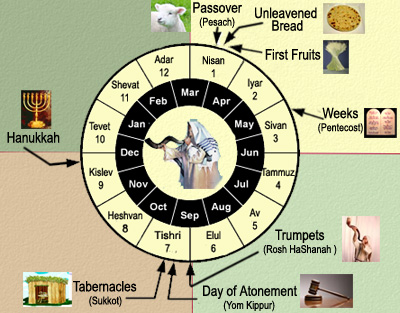Study based on the sermon:Jewish Feasts Part 3 – Trumpets (Rosh Hashanah)
This study may prove tricky if you missed the sermon, please do pick it up before attempting the questions
Reading: Leviticus 23: 23-25
- Discuss why there is a gap between the spring and the autumn feasts; what does that gap relate to?
- How have the spring feasts been fulfilled?
- In the sermon we looked at a number of passages alongside our reading from Leviticus 23.
- How do these OT readings help us in understanding the feast: Leviticus 23: 23-25, Numbers 10:1-10, Exodus 19?
- Which NT readings relate directly to this passage, (there are at least 3) Hint: 1 Corinthians 1 Thessalonians and Revelation.
- How is this relevant to us, and what lessons might we apply?
- Please take time to pray for each other and pick up on this terms prayer pointers below:
This term’s prayer pointers:
- Give regular thanks for answered prayer;
- Pray that The Lord will build His Church at New Connexions: spiritually, physically and numerically;
- Seek the Lord for direction as to outreach in the year ahead.




